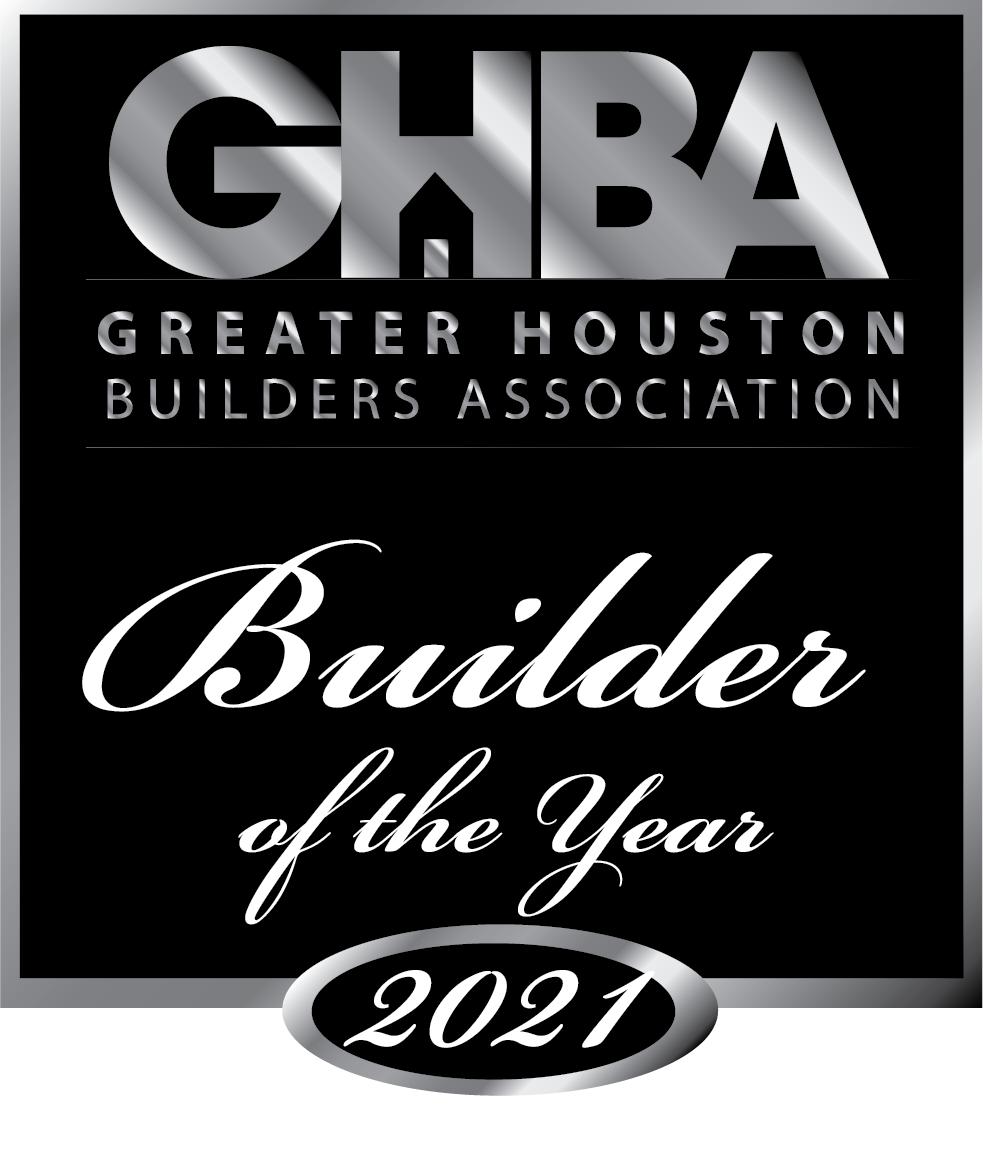Why Owning Makes Sense - You Get What You Want
DESIGN YOUR HOMEFrom the kitchen cabinet hardware to the bathroom sink, buying a house gives you the opportunity to personalize or renovate the house as you see fit. In contrast, landlords expect a rental unit to be kept the same as the day you moved in. | |
| | |
TAX BENEFITSUnlike renting, owning comes with a number of potential tax deductions and write-offs, including mortgage interest deduction (MID) and private mortgage insurance (PMI) deduction, among others. These deductions both lower the tax burden at filling time, and makes homeownership a cheaper option over time. | |
PRIVACYEven when rental units offer a degree of privacy, you are never free from the whims of your landlord, who has the right to interrupt your life whenever they choose; such as bringing prospective buyers buy when they want. When you purchase a home, you are in full control of who enters your property. | |
HEALTH & SAFETYThere are a number of health dangers associated with older rental homes and apartments, including mold, asbestos, and lead paint, poor air quality, contaminated carpeting, and Chinese drywall. New homes, by contrast, use modern materials that increase energy efficiency and lower utility bills, keeping families safe and providing peace of mind. | |
ENERGY & COST SAVINGSUnlike rental properties, which are often furnished with cheap decades-old, energy-wasting fixtures, new houses often boast a number of energy efficient features. These include: high-quality insulation, double-paned, even triple-paned windows with special window coatings and inert gases between the glass layers, advanced heating, and cooling systems, and efficient lighting and kitchen appliances. Modern products can reduce your utility bill by more than 30% in energy costs and tax breaks, leading to thousands of dollars in energy savings over time. | |
ENGINEERING & DESIGNNewly constructed homes come with sophisticated wiring that's needed for high-speed electronics, communication equipment, entertainment centers, and security systems, potentially increasing your home's security and reducing electricity costs. |
Owning Make Sense
RENTS CONTINUE TO RISEHuge rental rate increases have outpaced the rate of inflation. In other words, the cost of rent went up more than the average renter's income. Because of the epidemic of foreclosures that swept the nation during the Great Recession, the market flooded with renters willing to pay landlords whatever price they name; and until the construction of new rental units catches up with that demand, rental rate increases show no sign of slowing down. Meanwhile, it is estimated that the cost of buying a home is now 41% cheaper than before the Recession. | |
INFLATION ON THE RISE FOR RENTERSRent costs rise by roughly 4% annually! Meaning that what you pay today will be approximately 20% higher in five years, 40% higher in 10 years, and so on. If you rent the same apartment for 25 years, in the end, you will be paying at least twice as much as you did when you first moved in. However, with a house purchase, your mortgage rate will remain about the same throughout your period of ownership. | |
NO EQUITY IN RENTINGEach time you make a mortgage payment, you build up equity - equity you get to keep when and if you decide to sell your home. In contrast, between damage charges and cleaning fees, many renters actually owe money when they leave behind their rental property. | |
YOU'LL PAY MORE WHEN RENTINGRent or Buy calculators (such as the New York Times one) allows you to compare projected rental rates to projected mortgage and interest rates, letting you determine how long it would take for the cost of renting a house to exceed the cost of buying it. In most cases, it takes as little as three to five years, making homeownership less expensive over longer periods of time. |






